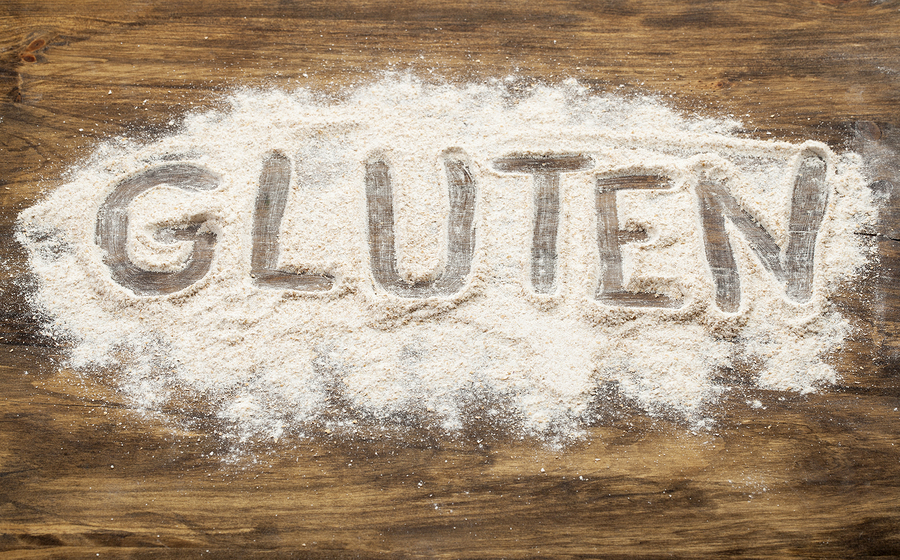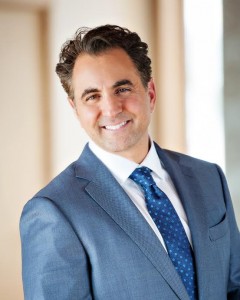 In last week’s post about the truth about whole grain, I made it clear that my intention was not to promote the consumption of whole grains. One big reason for that is the presence of gluten.
In last week’s post about the truth about whole grain, I made it clear that my intention was not to promote the consumption of whole grains. One big reason for that is the presence of gluten.
We always see books and magazine articles promoting a gluten-free lifestyle, and we see more and more gluten-free food choices at grocery stores and restaurants.
This isn’t a fad. Gluten can have a direct impact on a person’s health. But as Marlene Merritt points out in a recent article about gluten in DC Practice Insights, not many people know the real story about gluten.
Gluten is a substance found in wheat, barley and rye. It acts like a glue that holds food together and allows it to be stretched.
Corn bread, which doesn’t have gluten, tends to crumble when we break it apart, while dough that contains gluten has elasticity.
The word “allergy” tends to get tossed around casually by people who don’t understand what an allergy is. An allergy causes an immunoglobulin E (IgE) reaction, or immune response. An IgE reaction could be hives, asthma, itchiness, tightening of the throat, or an anaphylactic reaction.
Someone who has a true gluten allergy will have such a reaction after consuming gluten.
Gluten intolerance is much more common. This is caused by gliadin and glutenin, which are two proteins found in gluten. Many people have gluten intolerance for years and don’t know it because reactions can occur hours or even days after consumption.
A major reason for the increase in gluten intolerance is the wheat consumed today. Wheat has been consumed since biblical times, but modern wheat is far different.
Wheat consumed in biblical times was largely wild einkorn, which is German for “single grain.” Einkorn is often called the most ancient form of wheat and was never modified by man.
The wheat we consume today is dwarf wheat. If you held photos of einkorn wheat and dwarf wheat side by side, you would see that they barely resemble one another.
Genetically, modern dwarf wheat contains four times more gluten than dwarf wheat of just 50 years ago. There’s a huge difference in the concentration of gluten and its proteins.
The reason for this dramatic change is that man continues to genetically modify our food. In other words, man has changed the actual genetic structure of what once was a naturally occurring food product.
This high concentration of gluten is overwhelming our bodies. The human body wasn’t designed to absorb all of this extra gluten, and many people are responding with gluten intolerances. In more severe cases, people are responding with gluten allergies.
In the next post, I’ll discuss the kinds of damage that can be caused by gluten in people with gluten insensitivity and how this condition can be diagnosed.
 Dr. James Proodian is an accomplished chiropractic physician and health educator who founded Proodian Healthcare Family of Companies to help people feel better, function better, and live longer. His expertise for the past two decades has been in physical rehabilitation, and he has successfully established himself as a spinal specialist. In his practice, he advocates the science of functional medicine, which takes an integrative approach to treating patients by addressing their physical, nutritional, and psychological needs. Alarmed by the escalation of complex, chronic illness in our country, Dr. Proodian has been speaking to companies and organizations through his “Wellness at Work” program since 1994, motivating thousands of people to make positive lifestyle choices and lead healthier, more productive lives. He can be heard weekly on his radio program, “Proodian Healthcare By Design,” on Tandem Radio.
Dr. James Proodian is an accomplished chiropractic physician and health educator who founded Proodian Healthcare Family of Companies to help people feel better, function better, and live longer. His expertise for the past two decades has been in physical rehabilitation, and he has successfully established himself as a spinal specialist. In his practice, he advocates the science of functional medicine, which takes an integrative approach to treating patients by addressing their physical, nutritional, and psychological needs. Alarmed by the escalation of complex, chronic illness in our country, Dr. Proodian has been speaking to companies and organizations through his “Wellness at Work” program since 1994, motivating thousands of people to make positive lifestyle choices and lead healthier, more productive lives. He can be heard weekly on his radio program, “Proodian Healthcare By Design,” on Tandem Radio.